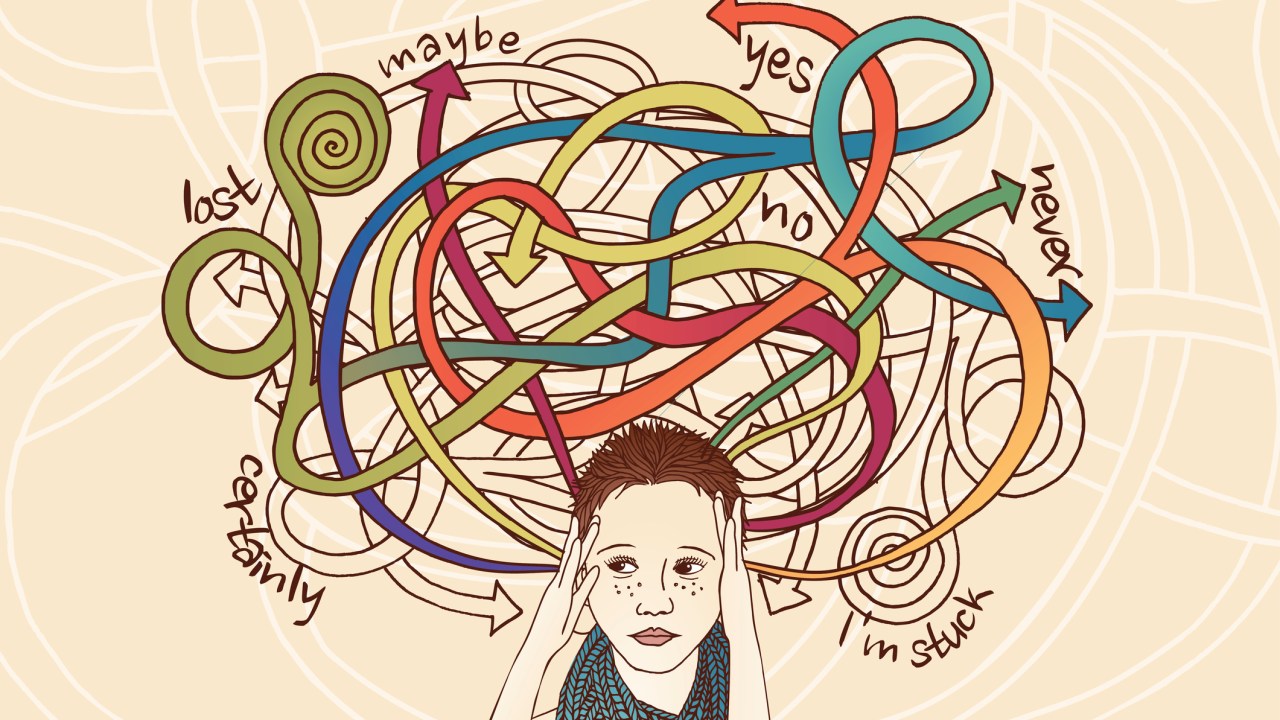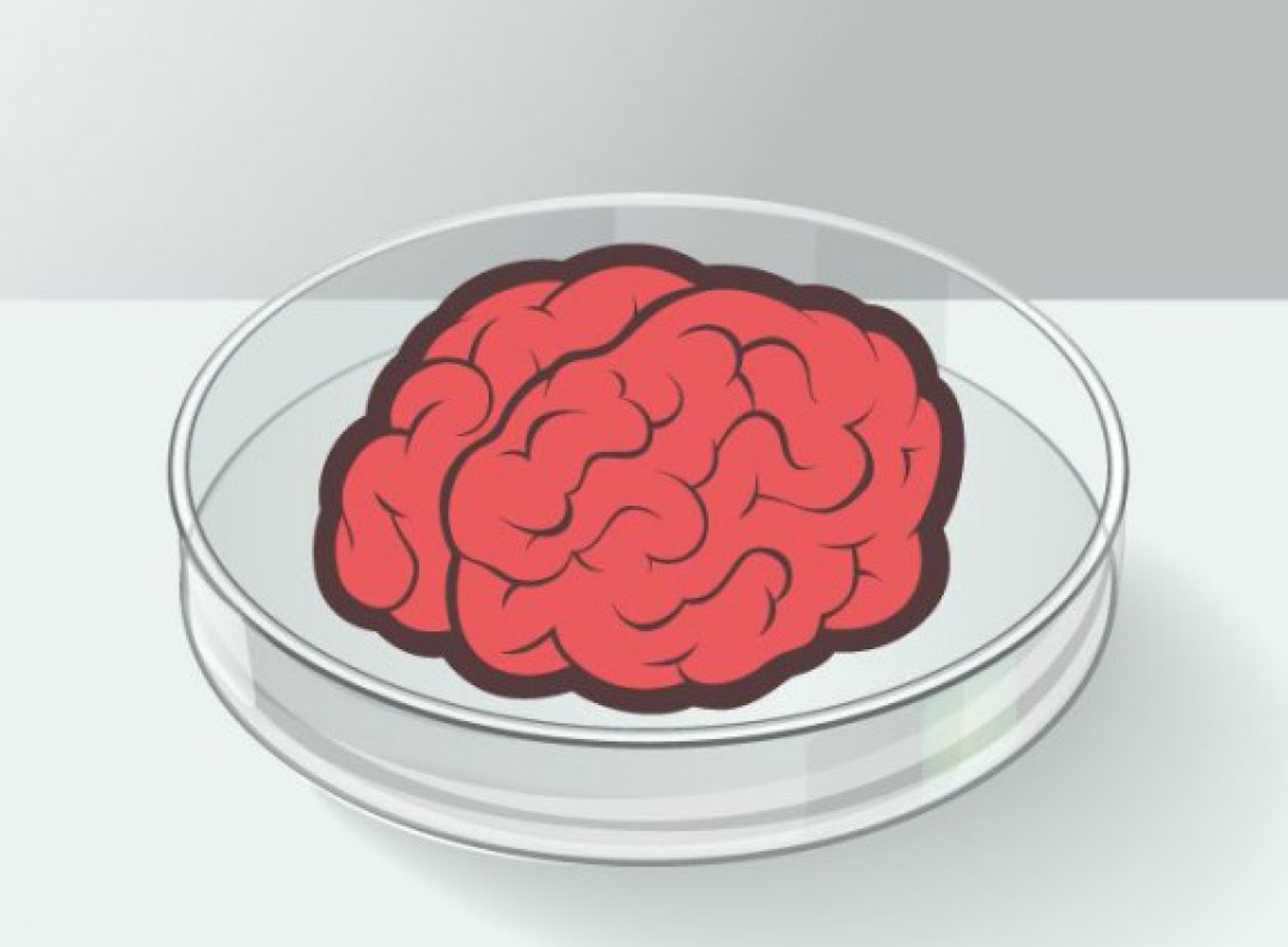“Mental health is the most overlooked form of health—yet it shapes everything we do. It’s not just important; it’s essential.”
In honour of neurodiversity week!
By Marc Tamer, Year 11
ADHD is a form of neurodiversity that severely affects 3-5% of minors (aged 7-17) currently classed; several studies suggest there is a genetic component to ADHD. A particular clinical trial, “Genetic Analysis of Attention Deficit Hyperactivity Disorder (ADHD)”, set out to investigate the genetic and behavioural factors influencing ADHD, examine the comorbidities, and analyse genetic markers affecting ADHD diagnosis, severity and treatment response. This trial was targeted at minors, and there were 3481 participants. The trial was organised as follow-up assessments set at 1 and 4 years and consisted of diagnostic interviews with the affected minor and their surroundings. Additionally, blood samples were collected to conduct genetic analysis and genome-wide association studies.
The trial has found that ADHD increases the risk of conduct, mood, family and social impairments, worsen. Furthermore, a higher risk for depression, bipolar disorder and anxiety. It was found that ADHD has a strong genetic component; multiple genes are likely to be involved, and a specifically identified LPHN3 gene is linked to ADHD and comorbidities. Ongoing efforts are currently taking place to improve the diagnosis and prognosis of ADHD using genetic markers. Comorbidities were identified to be ASD, depression, anxiety, and other mental, emotional or behavioural disorders.
While much scientific work is being done to ensure better treatment, diagnosis, and prognosis of ADHD, we all can make an effort by being more informed about this condition. ADHD is one of the conditions affecting most minors nowadays. Symptoms of ADHD include disorganisation, frequent mood swings, trouble focusing, trouble coping with stress, poor time management, temper, and daydreaming. It can be imagined that students with these symptoms may have a more challenging time in the classroom academically compared to other students, as most of the symptoms affect them academically. Unfortunately, in the environment of a school, people are often only judged by their social abilities or their academic abilities. It is very important to look at students, peers, and teachers from another perspective, examine their strengths, and not focus only on their weaknesses. Doing this will enable your peer or student to flourish in an environment that they feel comfortable in. Work towards honouring strength and acknowledging weakness, not judging weakness and acknowledging strength. It is not only ADHD but many other disorders that are present in many students of the school. Neurodiversity Week is shaped for us to embrace and honour our differences!
As Albert Einstein once famously said, “Everybody is a genius. But if you judge a fish by its ability to climb a tree, it will live its whole life believing that it is stupid.”
LINKS:
DSM-III disorders in preadolescent children



